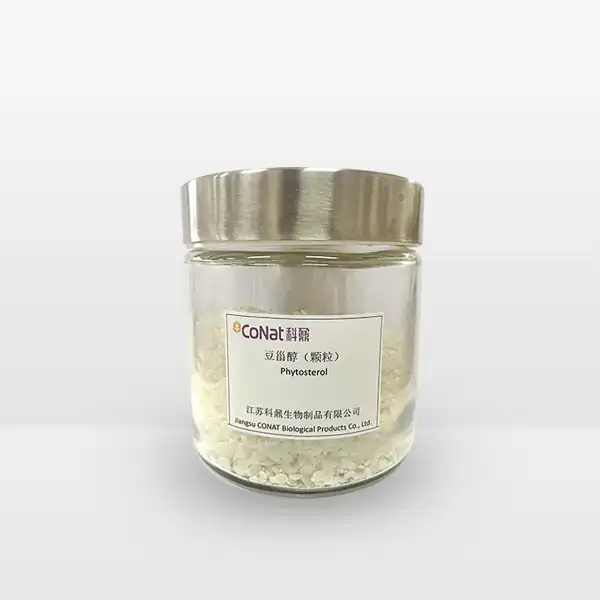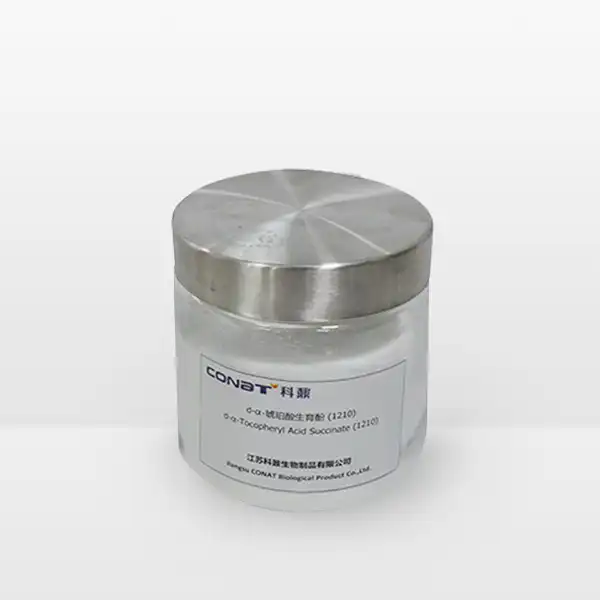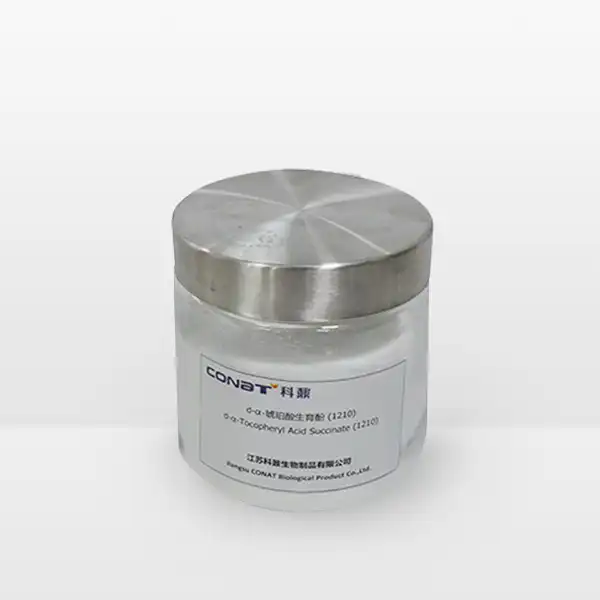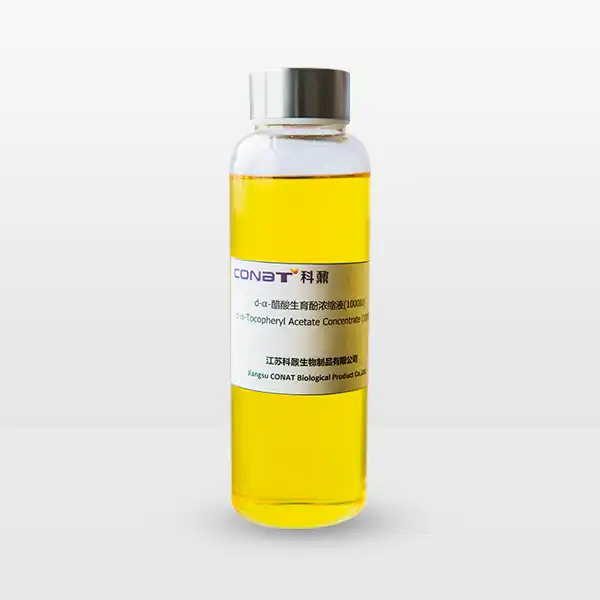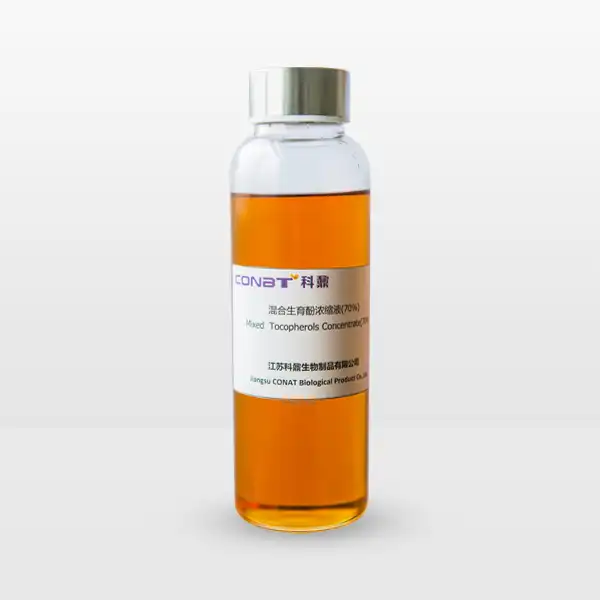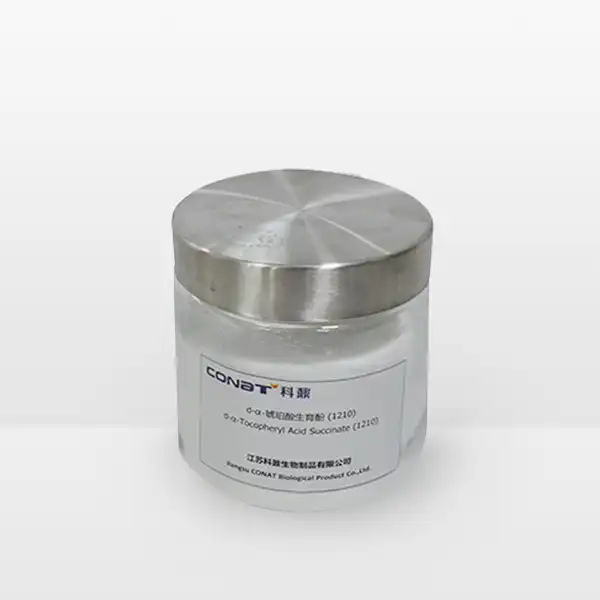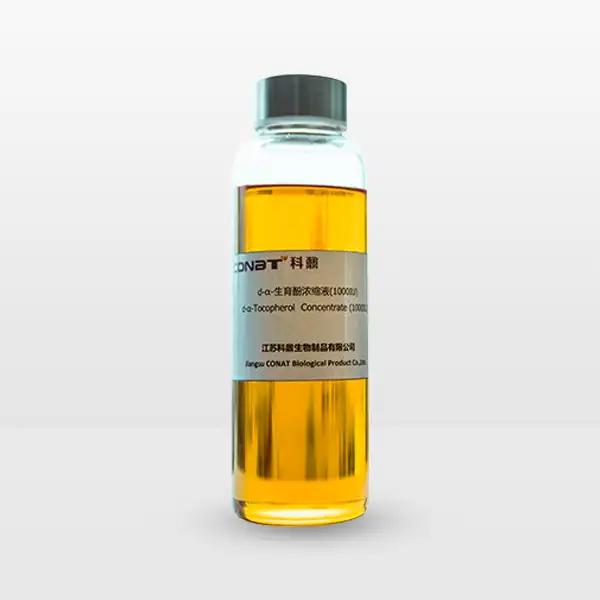- English
- French
- German
- Portuguese
- Spanish
- Russian
- Japanese
- Korean
- Arabic
- Greek
- German
- Turkish
- Italian
- Danish
- Romanian
- Indonesian
- Czech
- Afrikaans
- Swedish
- Polish
- Basque
- Catalan
- Esperanto
- Hindi
- Lao
- Albanian
- Amharic
- Armenian
- Azerbaijani
- Belarusian
- Bengali
- Bosnian
- Bulgarian
- Cebuano
- Chichewa
- Corsican
- Croatian
- Dutch
- Estonian
- Filipino
- Finnish
- Frisian
- Galician
- Georgian
- Gujarati
- Haitian
- Hausa
- Hawaiian
- Hebrew
- Hmong
- Hungarian
- Icelandic
- Igbo
- Javanese
- Kannada
- Kazakh
- Khmer
- Kurdish
- Kyrgyz
- Latin
- Latvian
- Lithuanian
- Luxembou..
- Macedonian
- Malagasy
- Malay
- Malayalam
- Maltese
- Maori
- Marathi
- Mongolian
- Burmese
- Nepali
- Norwegian
- Pashto
- Persian
- Punjabi
- Serbian
- Sesotho
- Sinhala
- Slovak
- Slovenian
- Somali
- Samoan
- Scots Gaelic
- Shona
- Sindhi
- Sundanese
- Swahili
- Tajik
- Tamil
- Telugu
- Thai
- Ukrainian
- Urdu
- Uzbek
- Vietnamese
- Welsh
- Xhosa
- Yiddish
- Yoruba
- Zulu
What are the Health Benefits of Natural Vitamin E Extract?
Natural vitamin E extract has emerged as a powerful antioxidant that offers numerous health benefits for overall wellness. This essential nutrient, primarily found in nuts, seeds, and vegetable oils, plays a crucial role in supporting immune function, skin health, and cellular protection. As interest in natural supplements continues to grow, understanding the comprehensive benefits of vitamin E extract has become increasingly important for those seeking to optimize their health through natural means.
How Does Natural Vitamin E Extract Support Skin Health and Anti-aging?
The relationship between vitamin E and skin health represents one of the most well-researched areas of this nutrient's benefits. Natural vitamin E extract works at multiple levels to enhance skin health and combat signs of aging. At its core, vitamin E functions as a potent antioxidant that protects skin cells from oxidative stress and environmental damage, particularly from harmful UV radiation. This protection mechanism helps prevent premature aging and maintains skin integrity.
Research has shown that vitamin E's molecular structure allows it to penetrate deep into the skin's layers, where it supports natural collagen production and maintains skin moisture barriers. This penetrative ability makes it particularly effective in reducing the appearance of fine lines and wrinkles. Studies have demonstrated that regular application of vitamin E can improve skin elasticity by up to 20% over three months of consistent use.
Furthermore, vitamin E plays a crucial role in skin repair and regeneration. It accelerates the healing of skin damage by promoting cell turnover and supporting the formation of new skin cells. This regenerative property makes it particularly beneficial for treating scars, sun damage, and other forms of skin trauma. Clinical studies have shown that vitamin E can reduce the appearance of surgical scars when applied during the healing process and may help minimize the appearance of stretch marks.
The anti-inflammatory properties of natural vitamin E extract also contribute to its skin-healing benefits. It helps calm irritated skin and can provide relief from conditions like eczema and psoriasis. Research indicates that vitamin E's anti-inflammatory effects are enhanced when combined with other antioxidants, particularly vitamin C, creating a synergistic effect that provides superior skin protection and repair capabilities.
What Role Does Natural Vitamin E Extract Play in Cardiovascular Health?
Cardiovascular health benefits represent another significant aspect of natural vitamin E extract's therapeutic potential. As an antioxidant, vitamin E helps protect heart tissue and blood vessels from oxidative damage, which is a key factor in preventing cardiovascular disease. This protection mechanism involves preventing the oxidation of low-density lipoprotein (LDL) cholesterol, which when oxidized, can contribute to the formation of arterial plaques.
Clinical research has demonstrated that adequate vitamin E levels are associated with better heart health outcomes. Studies have shown that individuals with higher vitamin E intake have a lower risk of developing coronary heart disease. The nutrient works by improving endothelial function, which is crucial for maintaining healthy blood pressure and proper blood flow throughout the body.
Vitamin E's ability to prevent blood clot formation represents another significant cardiovascular benefit. It helps maintain proper blood viscosity by preventing excessive platelet aggregation, which can lead to dangerous blood clots. Research indicates that optimal vitamin E levels can reduce the risk of thrombosis while maintaining normal blood clotting functions necessary for wound healing.
Additionally, vitamin E extract supports the structural integrity of blood vessels by protecting the endothelial cells that line vessel walls. This protection helps maintain vessel elasticity and proper blood flow, contributing to overall cardiovascular health. Studies have shown that adequate vitamin E intake can help reduce inflammation in blood vessels, which is a key factor in preventing atherosclerosis and other cardiovascular conditions.
How Can Natural Vitamin E Extract Boost Immune System Function?
The immune-boosting properties of natural vitamin E extract have garnered significant attention in recent years, particularly for its role in enhancing both innate and adaptive immune responses. Vitamin E's antioxidant properties play a crucial role in protecting immune cells from oxidative damage, allowing them to function more effectively in defending the body against pathogens and other threats.
Research has shown that vitamin E supplementation can enhance T-cell mediated immunity, which is crucial for fighting off infections and maintaining overall immune system balance. Studies have demonstrated that adequate vitamin E levels can improve the production and function of lymphocytes, particularly in elderly individuals who often experience declining immune function. This enhancement of T-cell function has been shown to reduce the frequency and severity of various infections.
Moreover, vitamin E supports the production and function of natural killer cells, which are essential components of the body's first line of defense against viruses and cancer cells. Clinical studies have indicated that individuals with optimal vitamin E levels show improved natural killer cell activity, leading to better immune surveillance and protection against various diseases.
The anti-inflammatory properties of vitamin E also contribute to its immune-modulating effects. By helping to regulate inflammatory responses, vitamin E helps prevent excessive inflammation that can damage healthy tissues while maintaining appropriate inflammatory responses necessary for proper immune function. Research has shown that this balanced approach to inflammation management can be particularly beneficial for individuals with autoimmune conditions or chronic inflammatory disorders.
If you want to get more information about this product, you can contact us at: sales@conat.cn.
References:
1. Journal of Nutrition and Metabolism (2023). "The Role of Vitamin E in Skin Health and Aging Prevention"
2. American Journal of Clinical Nutrition (2023). "Vitamin E and Cardiovascular Health: A Comprehensive Review"
3. International Journal of Molecular Sciences (2022). "Natural Vitamin E: Mechanisms of Action in Immune Function"
4. Dermatology Research and Practice (2023). "Topical Vitamin E in Skin Repair and Protection"
5. Frontiers in Immunology (2022). "Vitamin E Supplementation and Immune System Function"
6. Journal of Clinical Medicine (2023). "Antioxidant Properties of Natural Vitamin E in Human Health"
7. Nutrients Journal (2022). "The Impact of Vitamin E on Cardiovascular Disease Prevention"
8. Clinical Interventions in Aging (2023). "Vitamin E in Anti-aging Skincare: Evidence-based Review"
9. Journal of Dietary Supplements (2023). "Natural vs. Synthetic Vitamin E: Bioavailability and Health Benefits"
10. Advances in Nutrition (2022). "Vitamin E in Immune System Enhancement: Current Understanding and Future Perspectives"
